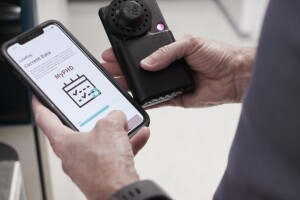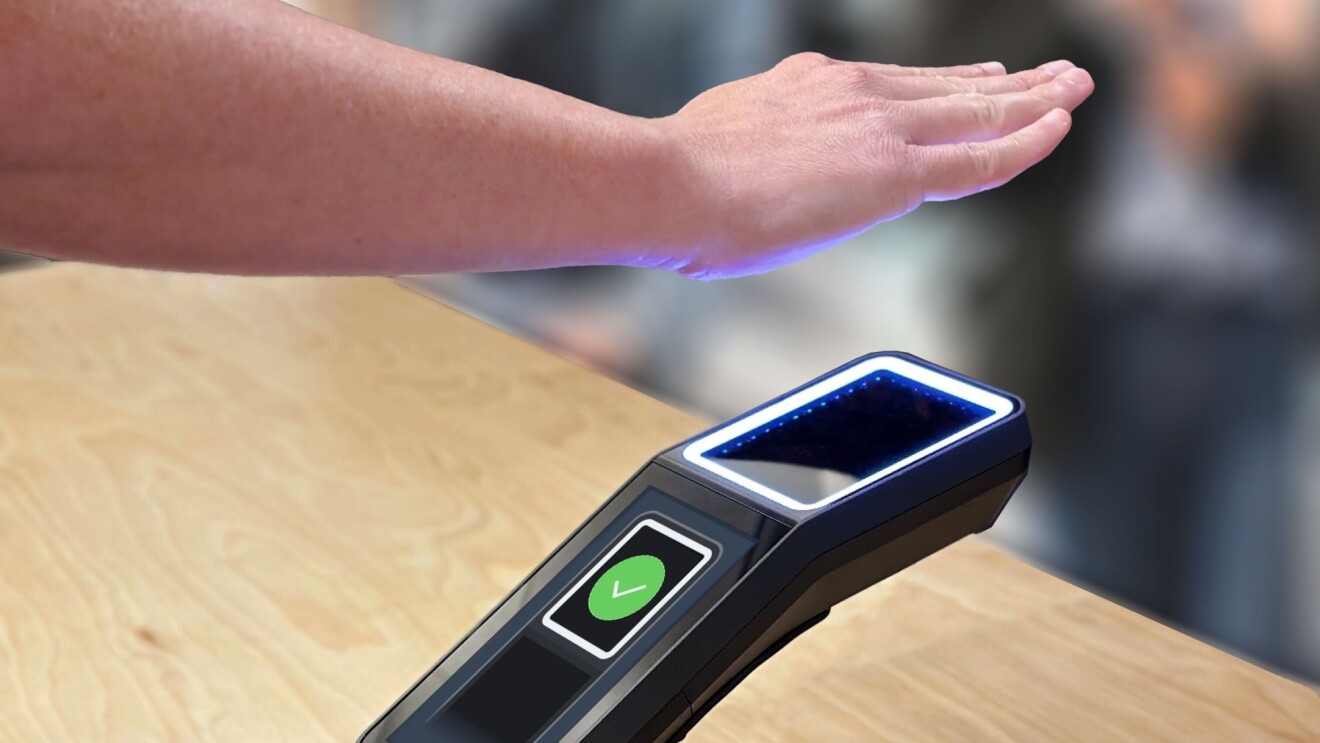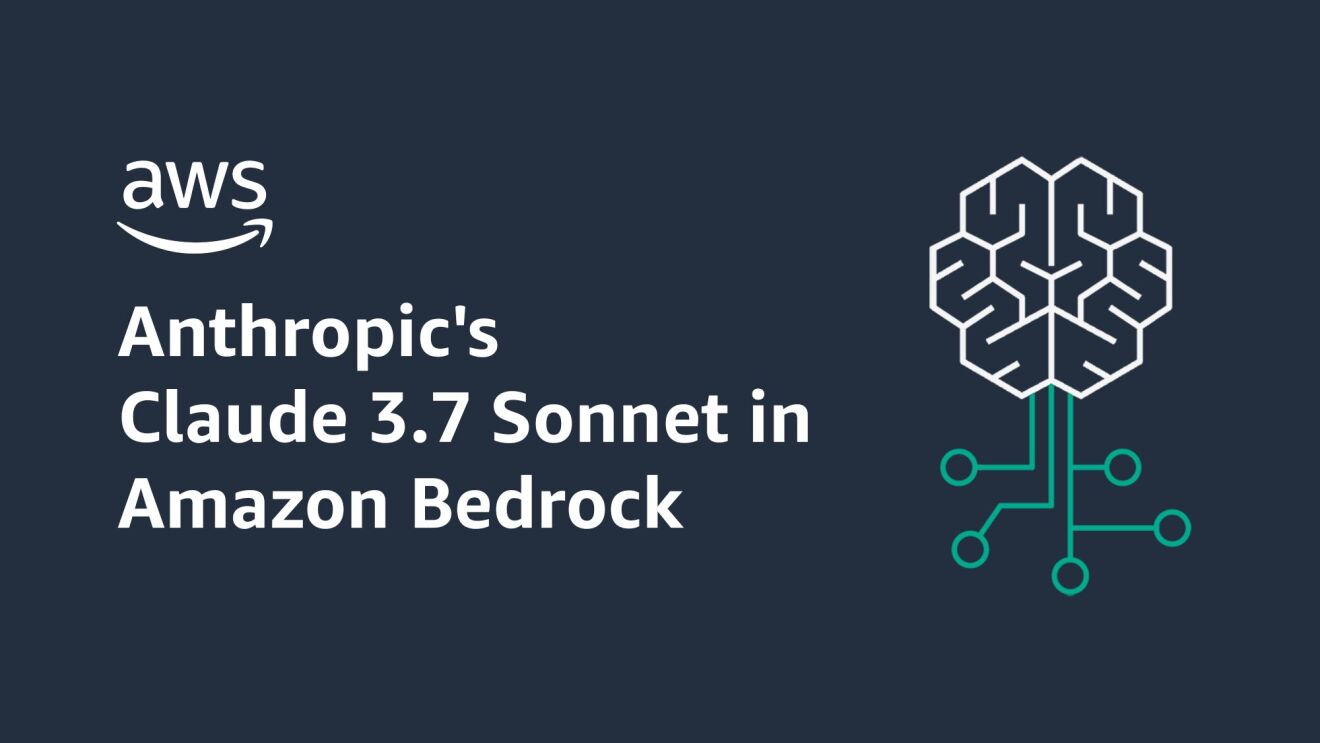The global need for health equity is receiving increased attention as new evidence reinforces the stark contrast in health outcomes from countries with varying levels of resources. Findings from the World Health Organization’s research on Social Determinants of Health noted a 19-year difference in life expectancy between developed countries and resource-constrained ones. The reasons for life expectancy differences are complex, transcending genetics, socioeconomic status, education, environmental conditions, and many other factors—and that’s why health equity is not something that any one government or organization can tackle alone.
Amazon Web Services (AWS) is committed to helping, and we see potential for cloud computing technologies to make a substantial impact in this area. In 2021, we launched the AWS Health Equity Initiative, a three-year, $40 million commitment to support organizations globally that are inventing and scaling new ways to promote equal access to health care and address social determinants of health. In the initiative’s first year, AWS awarded $14 million in cloud credits—credits for AWS's cloud services—and technical expertise to help nearly 90 organizations around the world—ranging from startups to nonprofits and large enterprises—to address this challenge.
“Closing the health equity gap will require new, better approaches to providing care—and our customers are doing just that. We’re seeing organizations build innovative solutions tapping into the power of the cloud to deliver better health outcomes across the world,” said Max Peterson, vice president of worldwide public sector at AWS. “Innovations range from a mobile technology-based taxi service for women in labor needing emergency care in Tanzania and Lesotho to genomic sequencing technology that is making it easier to address COVID-19 and other diseases in Africa. The creativity of our customers, paired with AWS technology, has unlimited potential to substantially increase health equity, and we’re excited to see how much we can accomplish together.”
01 / 03
Promoting equity through better diagnostics
We are now expanding the Health Equity Initiative to include a new focus area—diagnostics. Despite their critical role in treatment, diagnostics are consistently overlooked and underfunded, particularly in addressing primary health care concerns, including diabetes and hypertension. Noncommunicable medical conditions account for 70% of deaths globally, with a disproportionate amount of these deaths occurring in low- and middle-income countries.
Over the past two years, spurred by the pandemic, AWS has supported organizations using the cloud to power new diagnostic technologies to tackle COVID-19. Looking beyond the pandemic, sustained diagnostic innovation is needed across a wide range of diseases, and the new diagnostics focus area is designed to address that.
Hyrax Biosciences is an excellent example of a company using the cloud to bring diagnostic treatments to low- and middle-income countries. The South Africa-based bioinformatics software company is enabling the analysis of the COVID-19 genome to better understand and track progress of the virus in Africa. This allows national and international health authorities to monitor infections, quickly identify and understand new variants, and take rapid action. Now with support from the Health Equity Initiative, Hyrax is scaling their genomic sequencing technology to address other diseases, including HIV, tuberculosis, and malaria—diseases that disproportionately affect individuals in developing countries.
“Next-generation sequencing data is both large scale and computation heavy. AWS allows us to process large amounts of raw genomic data in hours, not days or weeks. The faster we can identify the COVID-19 variants spreading in Africa, the more quickly we can understand the diversity of the disease across the continent and provide the right care to as many people as possible,” said Dr. Simon Travers, CEO of Hyrax Biosciences.
The new diagnostics pillar will be the Health Equity Initiative’s fourth area of focus. The other three focus areas are increasing access to health services, addressing social determinants of health, and using data to promote equitable and inclusive systems of care.
Democratizing access to care
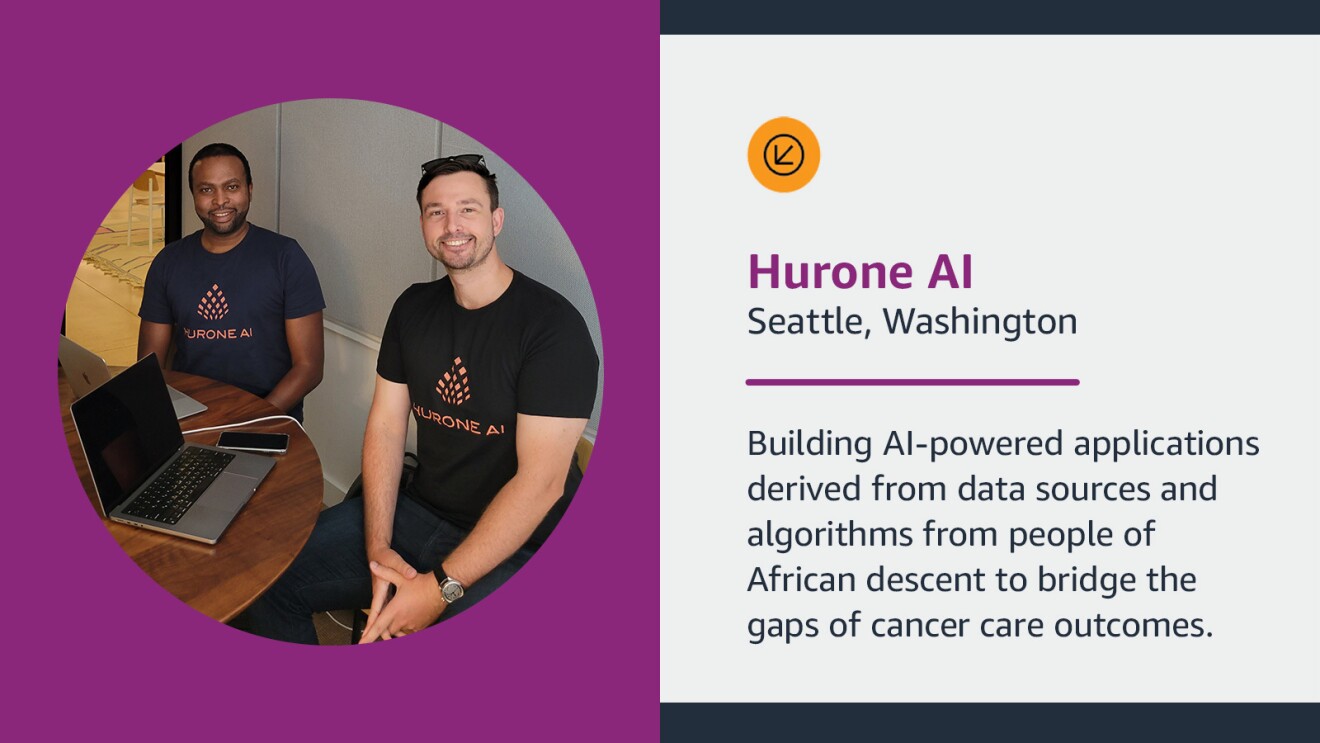
Beyond diagnostics, we’ve also seen big steps forward in tackling inequalities in treatment and care. For example, Seattle-based startup Hurone AI is democratizing access to high-quality cancer prevention and care. The company is building artificial intelligence (AI)-powered applications derived from data sources and algorithms from people of African descent to bridge the gaps of cancer care outcomes.
In Africa, oncologists are scarce. Estimates suggest that 10–20 oncologists in Rwanda serve a population of nearly 13 million. Hurone AI’s Gukiza app enables oncologists to provide remote patient monitoring and teleoncology throughout the country. Powered by AWS, the Gukiza app allows oncologists to communicate with patients using digital devices and text messages, increasing the ability to provide care to more patients in more places.
“AWS is helping us safely and securely expand access to cancer care in Rwanda. Using the cloud, we are able to scale the Gukiza app, address the African cancer data gap, and better support patients throughout their cancer treatment journey. By increasing treatment compliance and completion through Gukiza, we reduce costs from side effects-related hospitalizations and increase survival rates,” said Dr. Kingsley Ndoh, founder and chief strategist at Hurone AI.

Difficulties with accessing health services extend to primary medical care, as well. Emergency response personnel are frequently asked to provide support for nonurgent cases when a patient lacks transport or easy access to primary care. Arizona-based eVisit is helping emergency personnel offer telehealth services, giving underserved populations access to the care they need without requiring an emergency visit to the hospital.
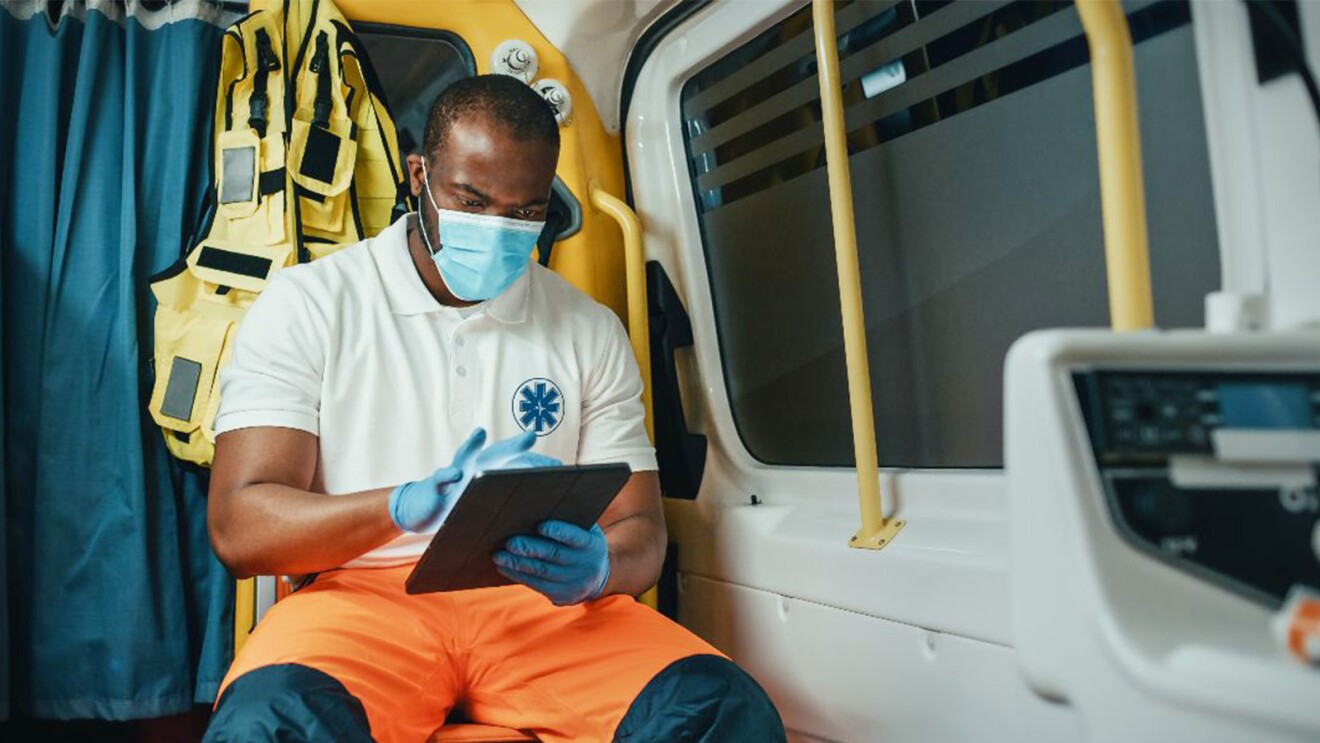
Access to the eVisit Virtual Care platform is available with a few taps on tablets carried by emergency medical technicians (EMTs) to facilitate live, on-site, telehealth visits between patients who call 911 and emergency medicine physicians.
“The cost and the ability to get to a point-of-care facility can be real challenges for vulnerable and underserved groups, and telehealth can play a critical role in bridging that gap. Our Virtual Care platform is designed to make it easy for emergency personnel to get patients the help they need and avoid unnecessary trips to the hospital,” explains Juli Stover, chief strategy officer at eVisit. “Running our solution on AWS and the support from the Health Equity Initiative program have allowed us to scale, helping us to get more people the help they need, when they need it.”
It’s still day one
Great work is underway, but more work must be done to close the health equity gap. We will continue to support customers using the power of the cloud to tackle this important global challenge. We encourage organizations around the world from startups to nonprofits, large organizations, and beyond to apply on our AWS Health Equity Initiative page.
Trending news and stories
- Amazon CEO Andy Jassy shares the simple question that helps power Amazon's innovation
- Amazon will share its Q1 2025 earnings on May 1
- The Amazon Book Sale is back April 23-28 with thousands of deals across books, select devices, and memberships
- Amazon CEO Andy Jassy shares how AI will reinvent ‘virtually every customer experience we know’






